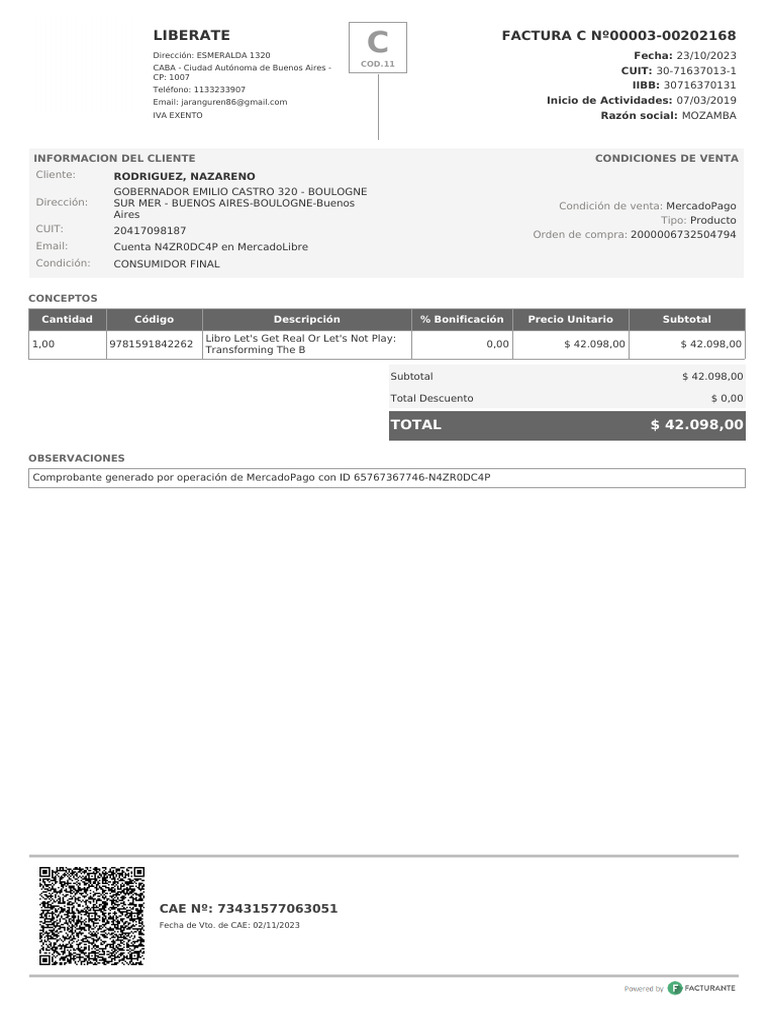The Bahá’í teachings present a profound perspective on the human condition, emphasizing the interconnectedness of all humanity and the imperative to address the societal challenges that overshadow our global community. In exploring the theme “The High Price of Looking Away,” one is invited to engage with a stark realization: ignoring the struggles of others incurs a moral and spiritual cost. This discourse will dissect various aspects of this theme, offering a comprehensive understanding of its relevance within contemporary society.
At the heart of the Bahá’í principles lies the notion of unity. This unity transcends geographical, racial, and religious boundaries, positing that all humanity shares a collective destiny. The Bahá’í concept of oneness serves as a clarion call, urging individuals to confront injustices rather than succumb to apathy. The reluctance to engage with societal issues often stems from a fear of complexity or an overwhelming sense of helplessness. However, the teachings contend that confronting these adversities engenders not only personal growth but also cultivates a more equitable global landscape.
One can readily observe that the act of looking away can manifest in myriad forms. It may appear as indifference to the struggles of marginalized communities, a hesitance to address environmental degradation, or a dismissal of the myriad crises that plague our modern society. Each act of avoidance compounds the ramifications of these issues, perpetuating cycles of suffering that ultimately affect us all. Bahá’í teachings delineate the ethical imperative to engage actively with these challenges, fostering a spirit of service and empathy rather than detachment.
The concept of ‘consultation’ lies at the forefront of Bahá’í methods for conflict resolution and decision-making. Through consultation, individuals are encouraged to collaboratively explore diverse perspectives, thereby enriching the dialogue surrounding societal issues. This method underscores the importance of listening and understanding, a necessary prerequisite for meaningful action. In recognizing the shared responsibility to address global challenges, the Bahá’í community advocates for a transformative approach to interpersonal relationships, one that prioritizes collective wellbeing over individual gain.
Furthermore, the teachings advocate for an educated populace as a cornerstone for societal advancement. Education, described as the “most potent instrument” for social change, serves dual purposes: it helps individuals develop critical thinking skills while fostering a deep sense of ethical responsibility. A well-informed community is better equipped to face issues such as poverty, injustice, and environmental decline. The Bahá’í emphasis on education thus transcends mere academic achievement; it embodies an integral aspect of moral and spiritual development.
Environmental stewardship also occupies a prominent space within Bahá’í discourse. The teachings posit that humanity is the steward of the Earth, tasked with preserving its resources for future generations. The reluctance to acknowledge environmental crises—climate change, loss of biodiversity, pollution—risks exacerbating the challenges of our times. Bahá’í principles encourage proactive engagement in environmental issues, advocating for sustainable practices rooted in a reverence for the natural world. This perspective not only recognizes the interrelatedness of human and environmental health but also stresses the moral obligation to care for both.
Social action, while vital, must be approached with an understanding of its complexities. The Bahá’í teachings espouse a multifaceted approach that combines activism with spiritual resilience. This dual focus allows for the cultivation of a compassionate response, minimizing the potential for burnout or disillusionment that often accompanies one-off charitable endeavors. Moreover, the understanding that transformation requires time and sustained effort fosters a durable commitment to social change.
Ultimately, the challenge is not merely to acknowledge societal ills but to actively participate in their amelioration. The teachings of the Bahá’í Faith galvanize followers to contribute to a global culture that values justice, equality, and compassion. The subtlety of personal transformation within this framework cannot be overstated; each individual’s commitment to confronting injustice, however small, contributes to the larger tapestry of communal improvement.
Moreover, the pathway to meaningful change is replete with opportunities for ethical engagement. The principles of consultation, education, and environmental stewardship serve as guiding beacons. Thus, when one chooses to cast aside indifference, they embark on a journey of profound significance—one that intersects with the collective aspirations of humanity. The Bahá’í teachings illuminate the way forward, advocating for resilience in the face of adversity and urging individuals to confront the harsh realities of their world with courage and grace.
In summary, “The High Price of Looking Away” encapsulates a fundamental tenet of the Bahá’í Faith, challenging individuals to reject complacency and embrace their role in the broader narrative of human progress. As followers engage with this message, they come to realize that it is not merely about responding to the world’s grievances, but rather about nurturing a spirit of unity and action that binds humanity together. Through the lens of Bahá’í teachings, a transformative vision of society emerges—one in which compassion, justice, and collective responsibility guide our steps forward.
